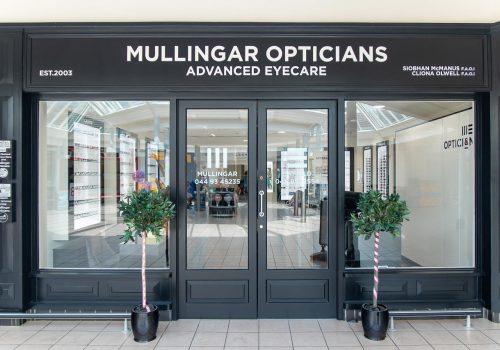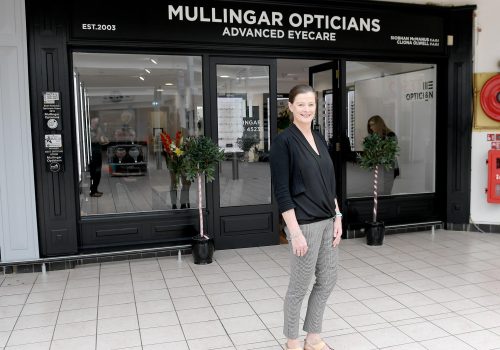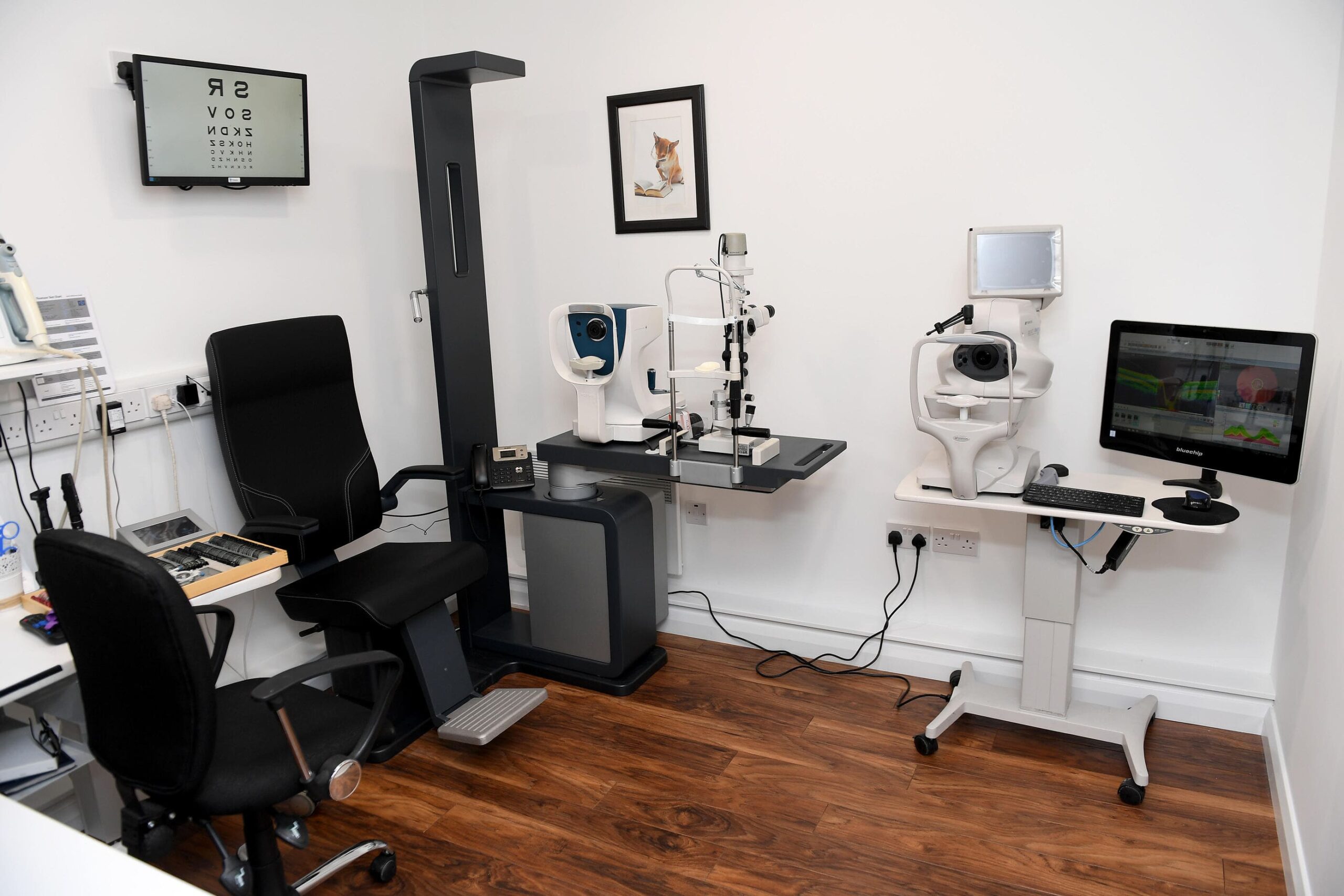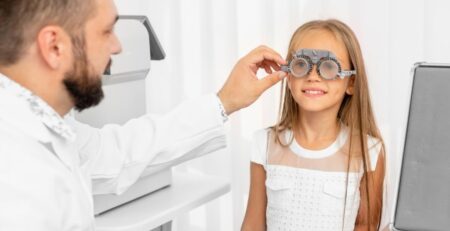Why have an eye exam
Siobhan Pringle2023-01-09T15:16:51+00:00Your eyes are perfect
…So WHY should you have an eye exam ??
In June 1992 I qualified as an optometrist and if I had a punt/euro for every time I got a particular response to “what do you do?” I would have a pretty penny by now!
So what is this response…..? “Oh you won’t be seeing me I have perfect vision”
Sometimes I just smile and nod but most times I give them a little bit of an eye opener (pun intended lol) as to why this attitude is dangerous and sight threatening especially as we get older.
Most people neglect having an eye exam as they have “no issues” with their vision however when their dentist check-up is due they will attend even if having “no issues”.
Just as we take care of our teeth and the rest of our body with Gp health checks etc our eyes deserve to be taken care off too.
Regardless of having perfect vision or whether you’re feeling you have some deterioration, regular eye exams are important, especially when several surveys have asked “what of all your senses do you fear losing the most” the resounding answer of 75-91 % have said Vision loss.
You see an eye exam is not just a measure of how well you can see, and correcting it to best vision, it helps detect eye problems at their earliest stage, when they are most treatable, and before they affect eyesight.
Prevention is definitely better than cure when it comes to eye health, as Benjamin Franklin said
“An ounce of prevention is worth a pound of cure”


Many eye conditions develop gradually over several years and may be asymptomatic until quite advanced however regular eye examinations will pick up these early changes…. But how??
Well thankfully the traditional testing room has moved on in leaps and bounds over the past 30 years.
I have heavily reinvested in both practices providing you with state of the art equipment especially the OCT scans and the MPI machine.
These can detect conditions up to 4 years early, so corrective action can be taken sooner slowing down or stopping the condition deteriorating.
They allow is to see under the top layer of the retina which historically was the only layer we could see with our ophthalmoscope (that’s the hand held light we shine into your eyes).
It is in these lower layers of the complex retina that serious eye conditions such as macular degeneration, and glaucoma start hence if detected there, the prognosis is so much better.
With lengthy public waiting lists to see ophthalmologist’s early detection is even more crucial, for example cataracts can be detected early and the referral process started before the vision becomes a serious life affecting issue especially for the likes of driving and reading.
A regular eye exam not only allow us to correct your vision, but gives us the opportunity to provide you with sound advice on eye heath and tips to avoid sight threatening conditions, so future proofing your vision to a degree.
Not only that our eye exam may provide clues to your overall health, such as high cholesterol, high blood pressure, and diabetic eye disease.
High cholesterol can leave its calling card with a white ring around the edge of the cornea which can be seen under our microscope (slitlamp), it also causes blockages in the tiny blood vessels of the retina which can lead to vision loss.
It is very important to mention that as the retinal blood vessels are the ONLY blood vessels visible to the naked eye; we can see what condition they are in, this reflects on the systemic blood vessels in general, so detection of cholesterol in the eye can prevent coronary heart disease, stroke or heart attack.
Similarly with high blood pressure detection the blood vessels tell the story, twisty bendy vessels indicate they are under pressure and small dot haemorrhages or little bleeds are all signs that we will be sending you along to your GP for a full check up.
High blood sugar associated with diabetes can also damage the retina and leave its calling cards, such as small new weak blood vessels which leak and cause the damage, amongst other markers which will be picked up at the exam, and prevent diabetic eye disease.
So how often should you have an eye exam?
Children should have an eye exam at 3 and again at 5, to detect a lazy eye or a hidden prescription which may cause future problems, I will do a separate blog on children’s eye care.
Teens and adults every 2 years is a standard.
Should an annual or more regular exam be necessary we will advise you as required.
Rest assured if you put your eyes in our care we will take extremely good care of them, it is what we love to do and are passionate about it.
Take good care of your eyes we only get one set!
Best regards
Siobhan and team.


